Economics , Medicine lead
The State Council of Professors has just announced that in 2025, the whole country will have 933 candidates recommended by the basic Councils of Professors to be considered for recognition as meeting the standards for the title of Professor and Associate Professor (not including candidates from the Council of Professors of Security Science and the Council of Professors of Military Science). Of these, there are 89 Professor candidates and 844 Associate Professor candidates, 260 candidates higher than in 2024, an increase of over 38%.
Economics and Medicine continue to be the two leading majors: Economics has 153 candidates; Medicine has 124 candidates; Chemistry - Food Technology is third with 64 candidates. Next are Physics with 53 candidates; Mechanics - Dynamics has 47 candidates; Electronics - Automation has 44 candidates; Transportation and Architecture both have 41 candidates; Biology has 39 candidates; Information Technology has 37 candidates; Mathematics has 36 candidates...
With 153 applications, the proportion of candidates for the Economics major is equivalent to 16.4% of the total number of candidates proposed this year. The three majors with the highest number of candidates this year account for over 36%. These are also the councils that are always in the top 3 in terms of the number of candidates registered every year. In 2019 (the first year of implementing Decision 37), the Economics major had 42 candidates, while the Chemistry - Food Technology interdisciplinary council had 57 candidates. The Medicine major had 47 candidates. But after 6 years, the number of candidates for the Economics major increased 3.6 times, reaching the top position; Medicine still held the 2nd position with 124 candidates, an increase of over 2.6 times, the Chemistry - Food Technology interdisciplinary council dropped to the top 3, 64 candidates, an increase of 12%.
2017 was the most scandalous year in the history of the examination of Professors and Associate Professors in Vietnam. The number of candidates applying was 1,537, an increase of more than 2.2 times compared to 2016. At that time, the National Council of Professors affirmed that the increase in the number of candidates was due to the deadline for submitting applications being nearly 6 months later than in 2016 and this was the last year according to Decision 174 before there was a change in the title standards (Decision 37 issued in 2018). Professor, Dr. Tran Van Nhung, then General Secretary of the National Council of Professors, likened this to "the last train number 174". The total number of people meeting the standards of Professors and Associate Professors in 2017 was 1,226, an increase of nearly 60% compared to the previous year.
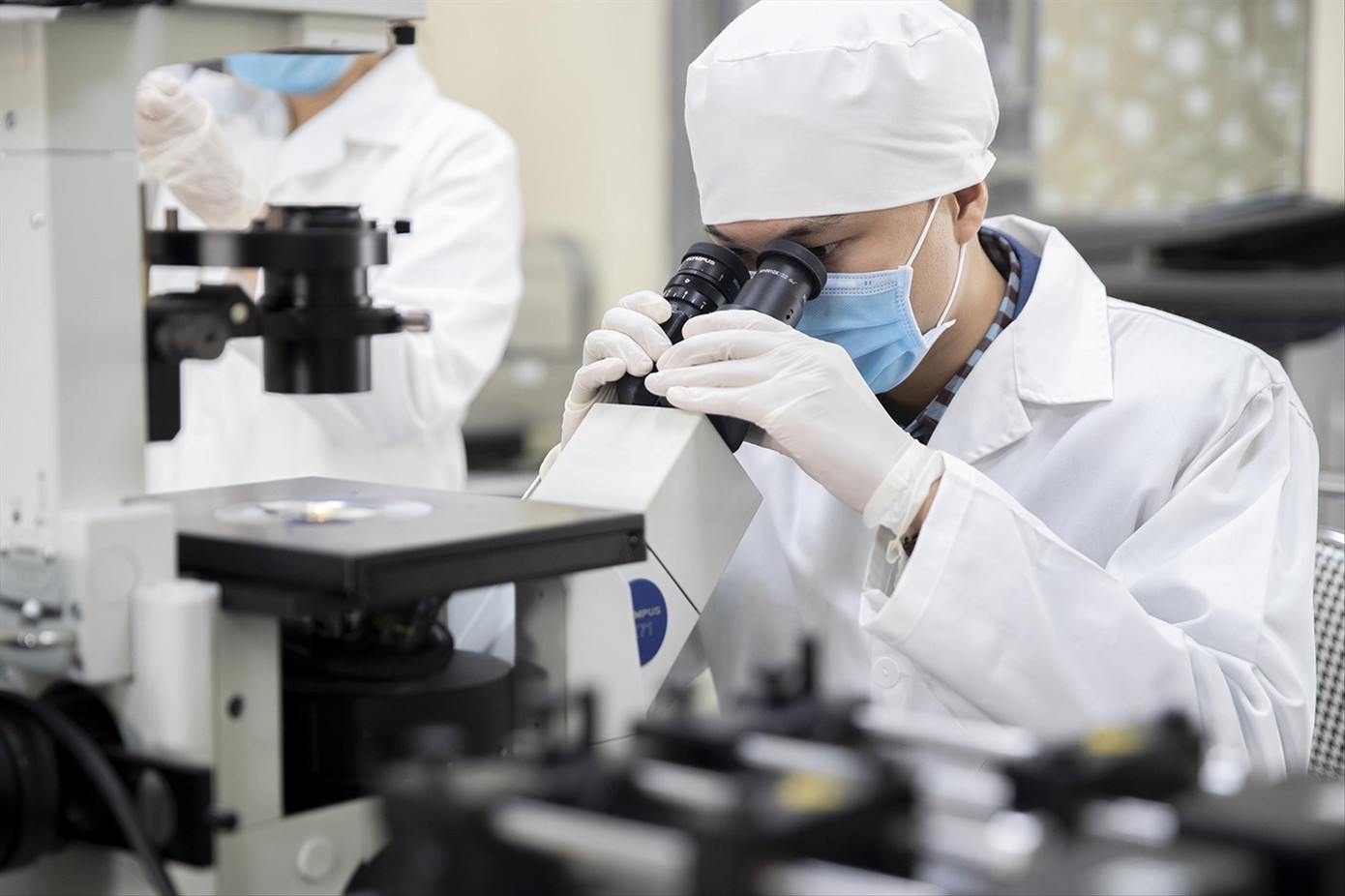
The Prime Minister requested the Minister of Education and Training and the Chairman of the National Council of Professors to seriously consider and thoroughly review to ensure quality according to regulations. The Inspectorate of the Ministry of Education and Training stepped in and found 41 unqualified candidates, including some candidates who voluntarily withdrew their applications from the previously recognized candidates.
2019 is the first year of implementing the examination for Professor and Associate Professor titles according to Decision 37, the number of candidates has decreased sharply. Nationwide, there are 73 teachers meeting the standards for Professor and 349 teachers meeting the standards for the title of Professor, equal to nearly 38% of 2017.
Tightening from the industry council to weigh the scales
Prof. Dr. Bui Van Ga, former Deputy Minister of Education and Training, Chairman of the Interdisciplinary Council of Mechanical Engineering - Powertrain, shared that when receiving feedback on scientific articles from candidates, each industry council carefully considers and reviews them. Scientific articles in each field are often very specialized. Therefore, the candidates who are reported must have an explanation. From there, the Industry Council of Professors will classify these errors as having an impact on scientific integrity such as plagiarism, inaccurate reporting of research data, selling articles (ie serious errors that need to be strictly handled)... or as technical errors from the publisher, from the author (errors that do not affect the quality of the candidate)... After that, the Industry Council of Professors will send a member who is knowledgeable in the field of research of the candidate to read and review, then meet with the members of the council to give their opinions.
Still respectful After 5 years of implementing Decision 37 (2019-2023), the National Council of Professors assessed that the regulations on prestigious international articles, monographs, and criteria for scoring scientific works are unclear, leading to the "abuse" of the concept of monographs or candidates publishing too many scientific works in a short period of time, making public opinion doubt their seriousness. On the other hand, the regulation requiring the same number of prestigious international articles for all candidates in different scientific fields is difficult for some fields in the fields of Social Sciences - Humanities, Culture - Arts, and Sports.
In some basic, sectoral and interdisciplinary scientific councils, the identification of prestigious international journals and prestigious international publishers is still confusing; the assessment of scientific works still focuses on counting quantity, without carefully assessing the quality of the content of each scientific work; questions have not been thoroughly resolved, leading to a number of petitions being sent to the State Scientific Council and media agencies.
The National Council of Professors emphasized that some regulations on "rigid" standards for considering and recognizing the qualifications of Professors and Associate Professors, especially the regulations on the number of prestigious international articles, are not suitable for some fields and have not received high consensus in the scientific and social community for some specific scientific fields in the field of social sciences. The work of considering and recognizing the qualifications of Professors and Associate Professors has not received due attention from universities and candidates; some basic Councils of Professors and Industry and interdisciplinary Councils still have a state of favoritism and lack of strict control of evidence in candidates' profiles according to the Government's regulations and annual guidance and direction documents of the National Council of Professors.
Nowadays, young candidates often have domestic and international research groups. Professor Ga said that with a multi-component research group, it is difficult for the author to control all members for scientific errors. Therefore, incorrect conclusions will greatly affect the candidates, even reducing the scientific research spirit of young people.
According to Professor Ga, in cases of real errors, the industry's Council of Professors cannot defend them even if they want to. But in cases of errors that do not affect the quality of the candidate, the industry's Council of Professors will have to stand up to defend them. "The industry's Council of Professors is the unit that holds the scales of justice. If they know that the candidate is not wrong but do not dare to stand up to defend them, then that is the council's fault and thus will not be able to train the next generation of young people; no one will dare to research or write scientific articles," Professor Ga said.
He said that the Mechanical Engineering - Powertrain Council also built its own technical "barriers" to the problem of sudden increase in publications in a short period of time close to the time when candidates apply for approval. The Council only considers a few main articles and does not score all of the candidate's publications. Mr. Ga noted that candidates with many scientific articles in a year need to be carefully considered, because they usually have a research group linking domestic and international scientists, so they have many articles. They alone cannot achieve productivity of more than 10 articles/year. They are not at fault in this matter. But with candidates with unusually high productivity, when defending before the Council, the Council will "investigate" very carefully. This both creates a deterrent for candidates to focus on quality but also encourages scientific research.
Over the past 50 years (1976-2024), about 16,299 teachers and scientists have been recognized as Professors and Associate Professors in Vietnam. Of these, 2,119 are Professors and 14,180 are Associate Professors. Thus, the number of Associate Professors is about 6.7 times higher than that of Professors.
In response to the question of whether the “37-sweep train” will be repeated this year, Prof. Bui Van Ga said that in the Mechanical Engineering - Powertrain Council, in previous years there were only about 30 applications, this year there are 47 applications. The number has increased, the quality of research works and scientific publications is good, and candidates are actively participating in teaching and scientific research. However, the Council of Professors still thoroughly considers, does not miss any but also does not wrongly accuse candidates.
In addition to the list of predatory journals and suspicious journals provided by the National Council of Professors, the council also looked up information online and issued regulations that articles with short review periods must pay a fee even if they are published in journals in the Q1 and Q2 categories (top of the world's famous journals). The Interdisciplinary Council of Professors of Mechanics and Dynamics also eliminated the quality of candidates through each review season. Professor Bui Van Ga emphasized that the most important decision is the regulations of each industry's Council of Professors based on the regulations of the National Council of Professors.
Source: https://tienphong.vn/xet-cong-nhan-gs-pgs-lai-chay-chuyen-tau-vet-post1777717.tpo


![[Photo] Many streets in Hanoi were flooded due to the effects of storm Bualoi](https://vphoto.vietnam.vn/thumb/1200x675/vietnam/resource/IMAGE/2025/9/29/18b658aa0fa2495c927ade4bbe0096df)
![[Photo] General Secretary To Lam attends the ceremony to celebrate the 80th anniversary of the post and telecommunications sector and the 66th anniversary of the science and technology sector.](https://vphoto.vietnam.vn/thumb/1200x675/vietnam/resource/IMAGE/2025/9/29/8e86b39b8fe44121a2b14a031f4cef46)
![[Photo] General Secretary To Lam chairs the meeting of the Central Steering Committee on preventing and combating corruption, waste and negativity](https://vphoto.vietnam.vn/thumb/1200x675/vietnam/resource/IMAGE/2025/9/29/fb2a8712315d4213a16322588c57b975)
![[Photo] General Secretary To Lam receives US Ambassador to Vietnam Marc Knapper](https://vphoto.vietnam.vn/thumb/1200x675/vietnam/resource/IMAGE/2025/9/29/c8fd0761aa184da7814aee57d87c49b3)

![[Photo] National Assembly Chairman Tran Thanh Man chairs the 8th Conference of full-time National Assembly deputies](https://vphoto.vietnam.vn/thumb/1200x675/vietnam/resource/IMAGE/2025/9/29/2c21459bc38d44ffaacd679ab9a0477c)

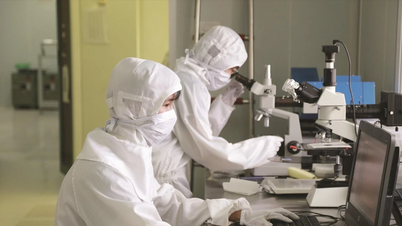


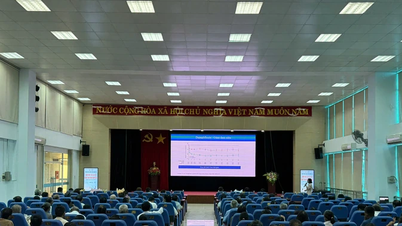

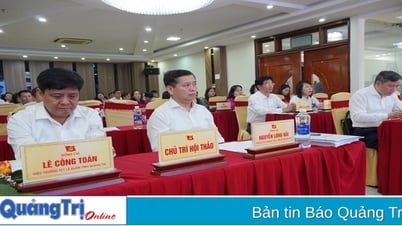
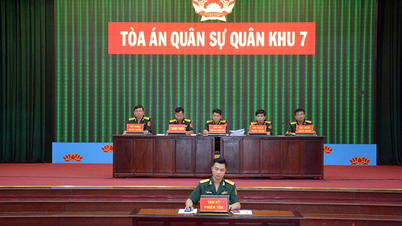

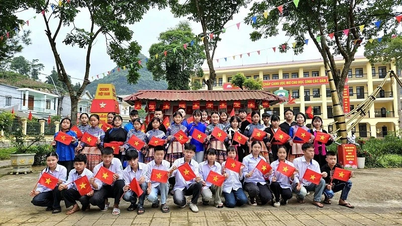

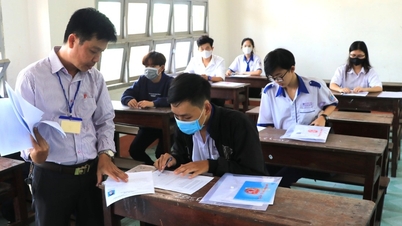

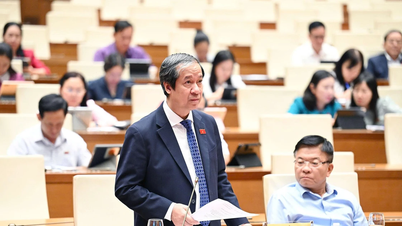




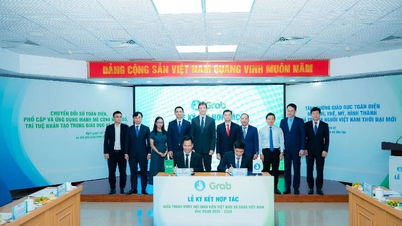




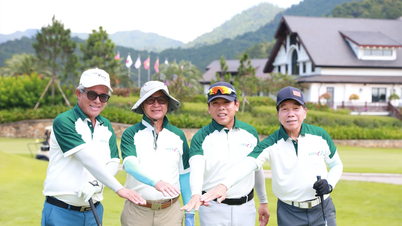
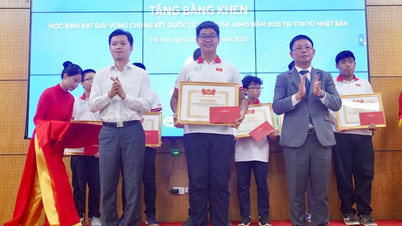


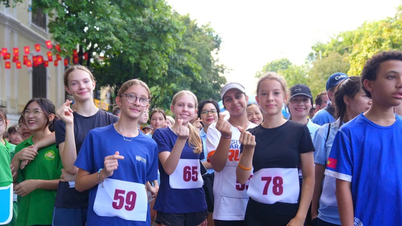

















































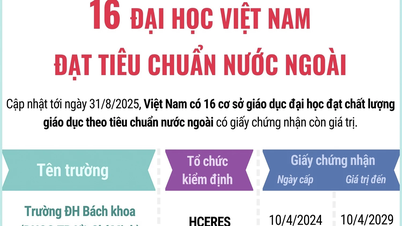



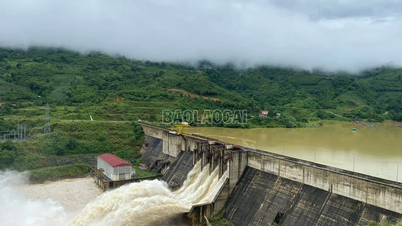
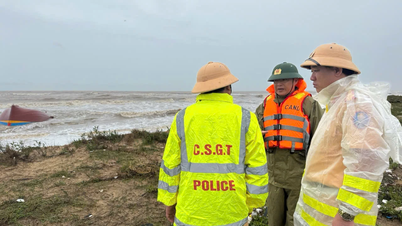
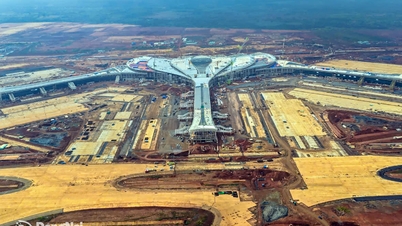














Comment (0)